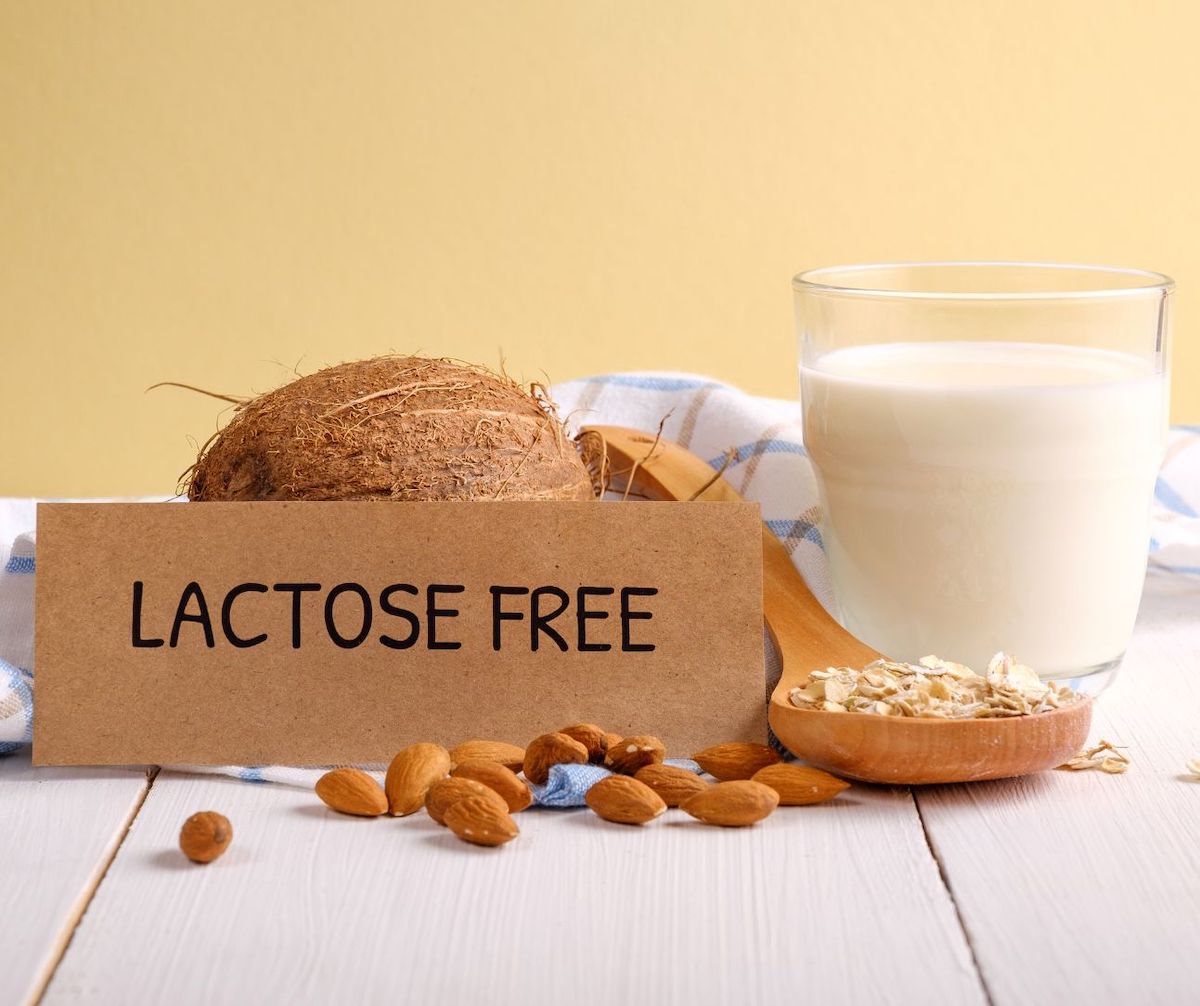
Ever wondered why some people can’t drink milk without feeling sick? It’s all about lactose intolerance. Lactose is a sugar found in milk and dairy products. Some folks lack the enzyme needed to break it down. This leads to bloating, gas, and other unpleasant symptoms. But don’t worry! Lactose-free milk is here to save the day. It’s real milk, just without the lactose. This means you get all the nutrients without the tummy troubles. Whether you’re lactose intolerant or just curious, these 23 facts about lactose-free milk will give you the scoop on why it’s a game-changer for many.
What is Lactose-Free Milk?
Lactose-free milk is a popular alternative for those who have trouble digesting lactose, a sugar found in regular milk. This type of milk offers the same nutritional benefits without causing digestive discomfort.
-
Lactose-free milk is made by adding lactase enzyme to regular milk. This enzyme breaks down lactose into simpler sugars, glucose, and galactose.
-
It tastes slightly sweeter than regular milk because the breakdown of lactose results in simpler sugars, which taste sweeter.
-
Lactose-free milk contains the same essential nutrients as regular milk, including calcium, vitamin D, and protein.
Benefits of Lactose-Free Milk
Switching to lactose-free milk can offer several health benefits, especially for those with lactose intolerance. Here are some key advantages.
-
It helps prevent symptoms of lactose intolerance, such as bloating, gas, and diarrhea.
-
Lactose-free milk can be easier to digest for people with sensitive stomachs.
-
It provides a good source of calcium and vitamin D, which are essential for bone health.
-
Lactose-free milk can be used in cooking and baking just like regular milk, making it a versatile ingredient.
Who Should Drink Lactose-Free Milk?
Lactose-free milk isn't just for those with lactose intolerance. It can benefit a variety of people.
-
People with lactose intolerance, which affects about 65% of the global population, can benefit greatly from lactose-free milk.
-
Those with irritable bowel syndrome (IBS) may find lactose-free milk easier to digest.
-
Some people with dairy allergies might tolerate lactose-free milk better, although it still contains dairy proteins.
-
Athletes and active individuals can use lactose-free milk as a recovery drink, as it provides essential nutrients without causing digestive issues.
How is Lactose-Free Milk Made?
The process of making lactose-free milk involves a few key steps to ensure it is safe and effective for those who need it.
-
Lactase enzyme is added to regular milk to break down lactose into simpler sugars.
-
The milk is then pasteurized to kill any harmful bacteria and ensure it is safe to drink.
-
Some brands use ultra-pasteurization, which extends the shelf life of lactose-free milk.
-
Lactose-free milk is often homogenized to ensure a smooth, consistent texture.
Nutritional Comparison with Regular Milk
Lactose-free milk offers similar nutritional benefits to regular milk, making it a suitable alternative for many people.
-
Both types of milk contain about 8 grams of protein per cup.
-
They also provide around 30% of the daily recommended intake of calcium.
-
Vitamin D content is similar in both, essential for bone health and immune function.
-
Lactose-free milk has a slightly higher sugar content due to the breakdown of lactose into glucose and galactose.
Common Myths About Lactose-Free Milk
There are several misconceptions about lactose-free milk that need to be clarified.
-
Myth: Lactose-free milk is not real milk. Fact: It is real milk with lactase enzyme added to break down lactose.
-
Myth: It is less nutritious than regular milk. Fact: Lactose-free milk contains the same essential nutrients as regular milk.
-
Myth: Lactose-free milk tastes bad. Fact: Many people find it tastes sweeter and creamier than regular milk.
-
Myth: Only people with lactose intolerance should drink it. Fact: Anyone can enjoy lactose-free milk, especially those with sensitive stomachs or digestive issues.
Final Thoughts on Lactose-Free Milk
Lactose-free milk offers a great alternative for those who can't digest lactose. It provides the same essential nutrients as regular milk, like calcium and vitamin D, without causing digestive issues. This makes it a fantastic option for people with lactose intolerance or those looking to reduce their lactose intake.
Switching to lactose-free milk doesn't mean sacrificing taste or nutrition. Many brands offer a variety of flavors and types, from whole to skim, ensuring there's something for everyone. Plus, it's widely available in most grocery stores, making it easy to incorporate into your daily routine.
Incorporating lactose-free milk into your diet can improve your digestive health and overall well-being. So, next time you're at the store, consider giving lactose-free milk a try. Your stomach will thank you!
Was this page helpful?
Our commitment to delivering trustworthy and engaging content is at the heart of what we do. Each fact on our site is contributed by real users like you, bringing a wealth of diverse insights and information. To ensure the highest standards of accuracy and reliability, our dedicated editors meticulously review each submission. This process guarantees that the facts we share are not only fascinating but also credible. Trust in our commitment to quality and authenticity as you explore and learn with us.


